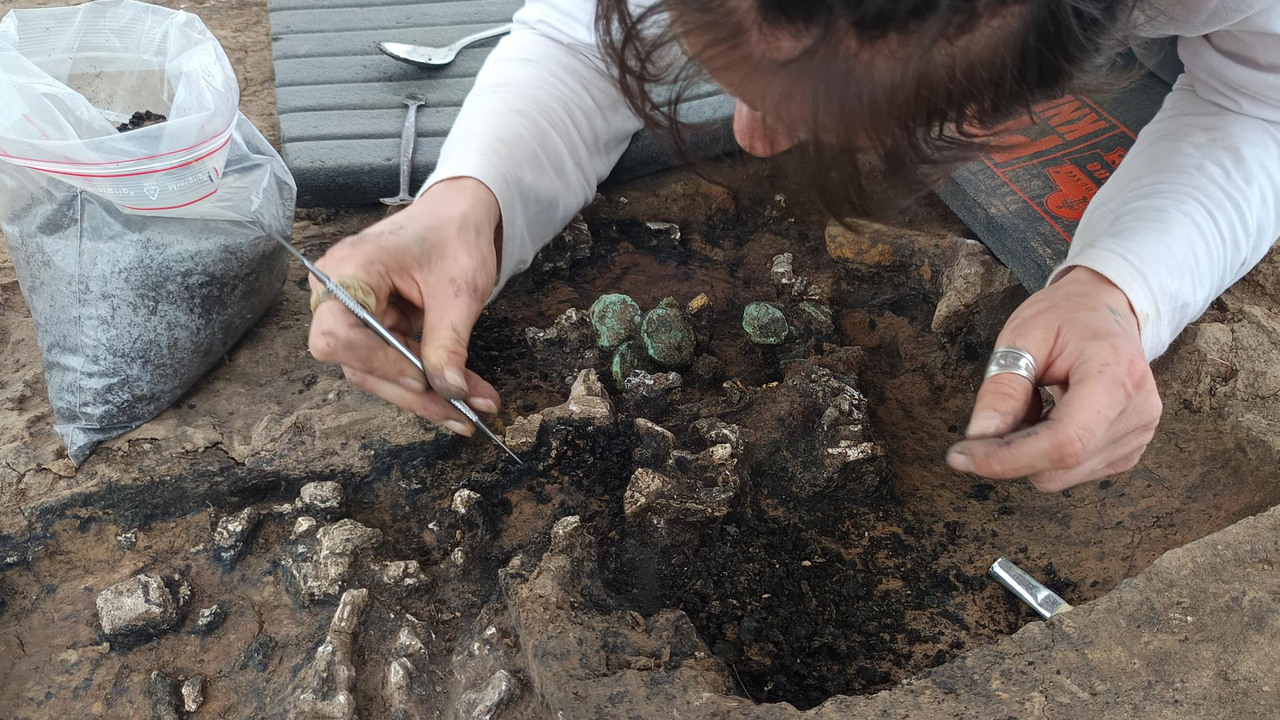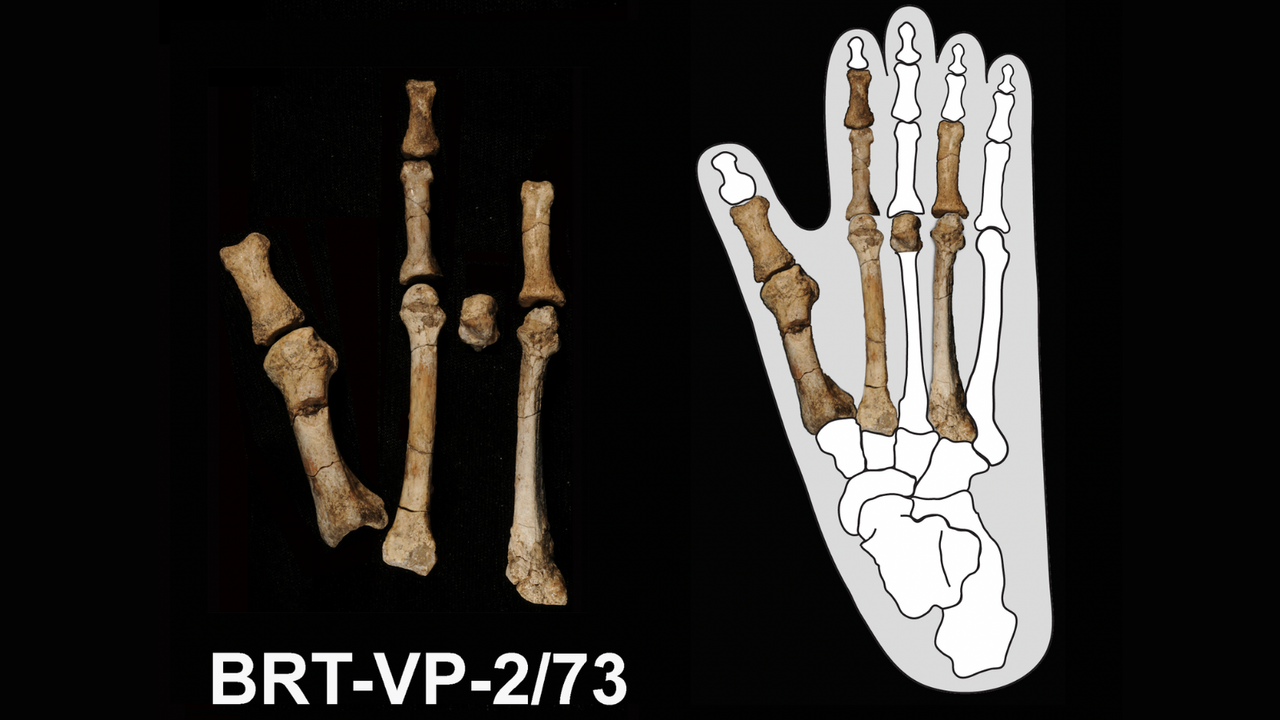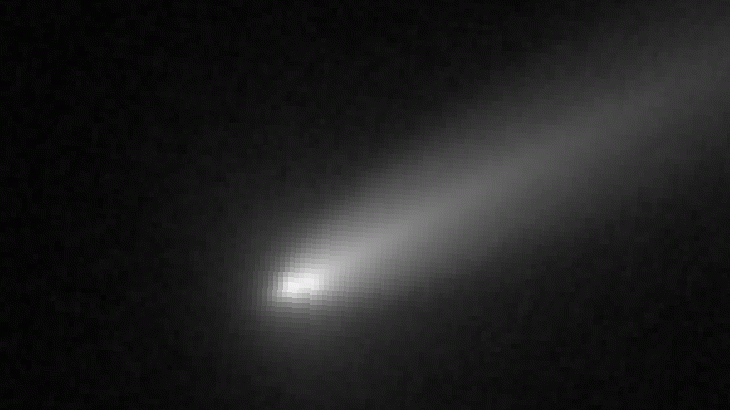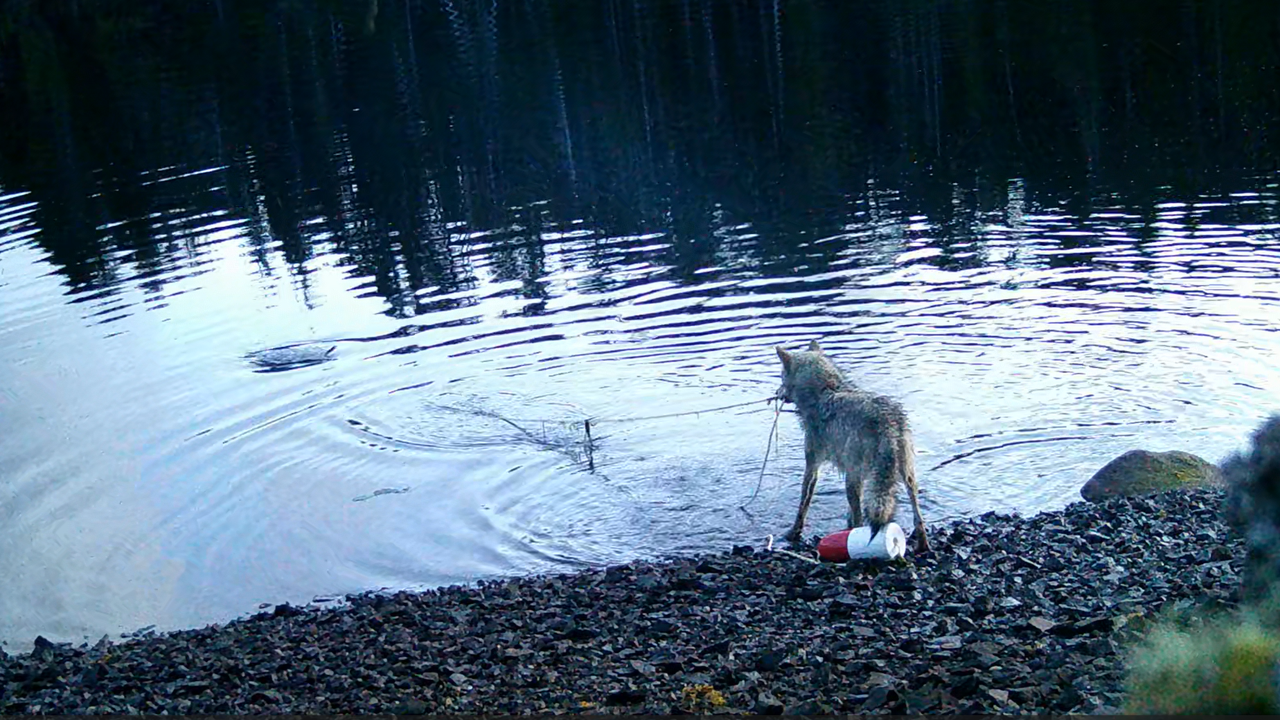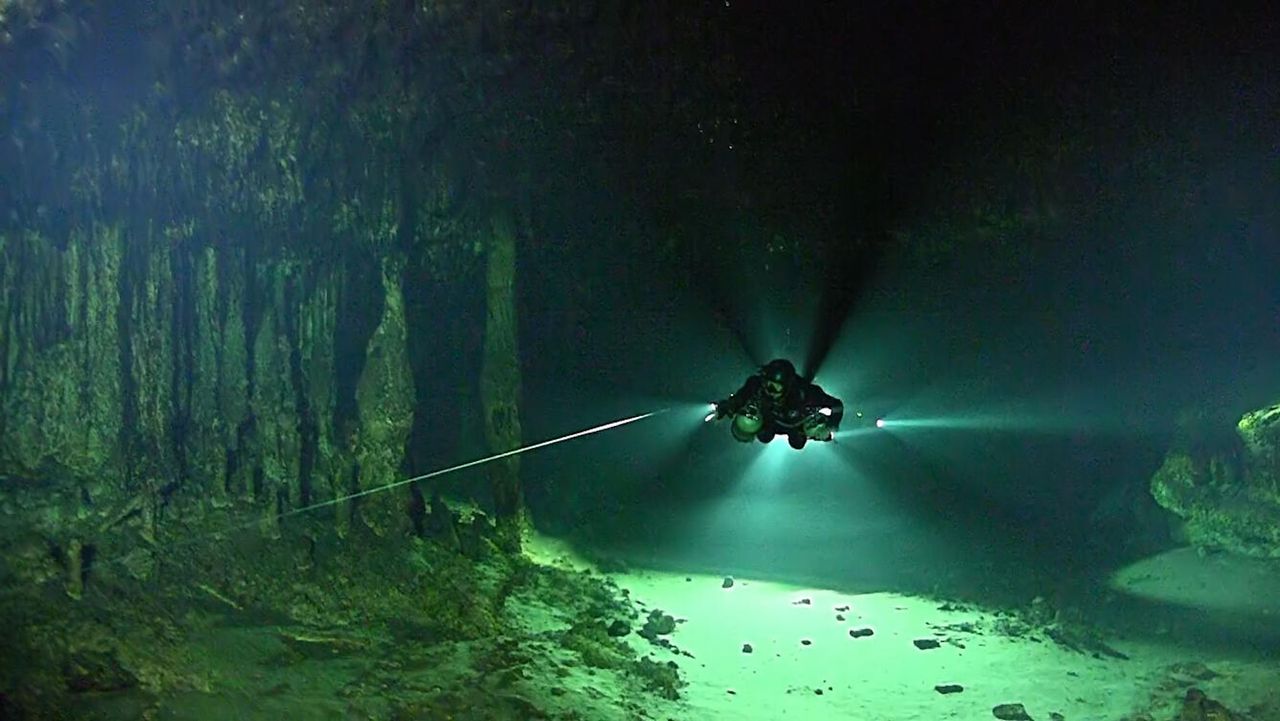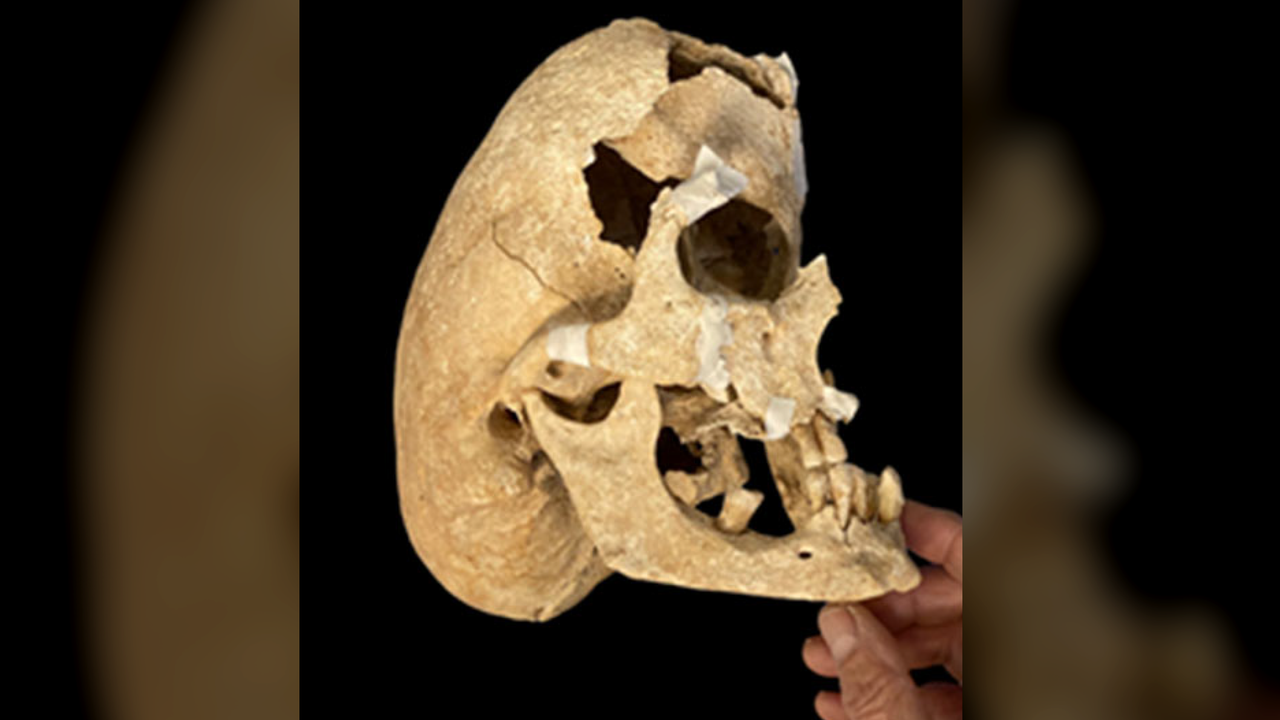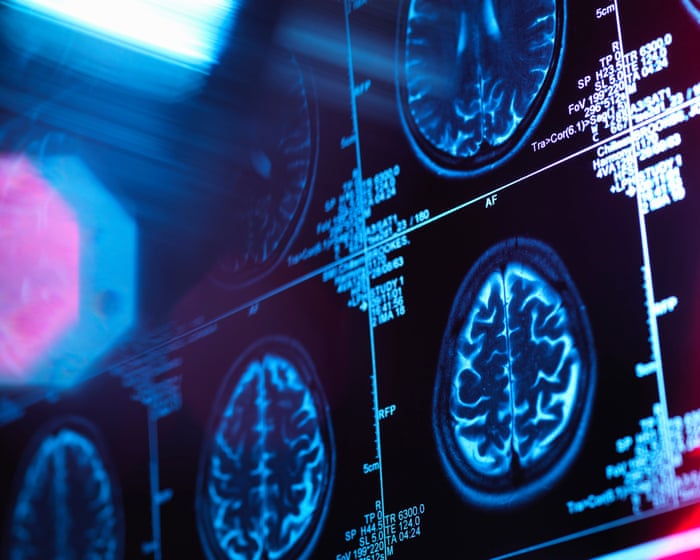We may finally understand stress-induced hair loss
PositiveScience
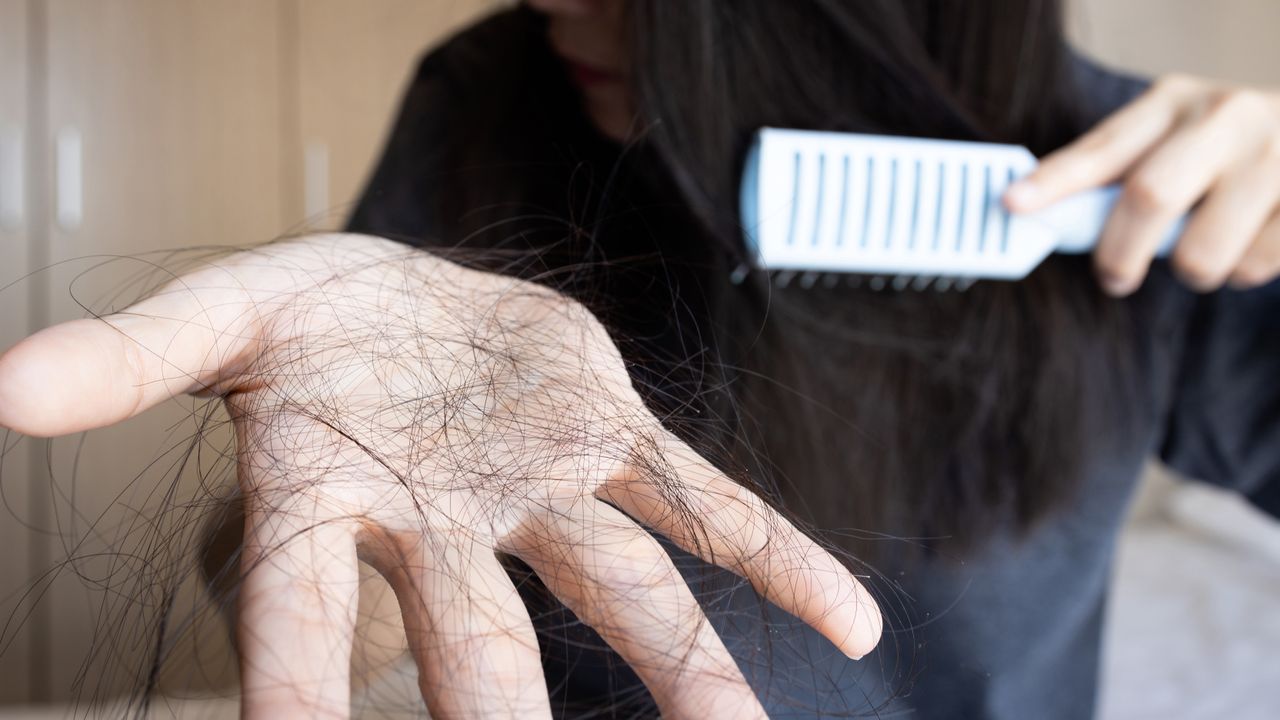
- Recent studies have begun to unravel the connection between stress and alopecia areata, a condition characterized by patchy hair loss. Researchers are investigating the biological mechanisms that link stress to this form of hair loss through animal studies, providing new insights into the condition.
- Understanding the relationship between stress and alopecia areata is crucial for developing effective treatments. As scientists gain clarity on this connection, it may lead to targeted therapies that can alleviate the impact of stress on hair loss.
- The exploration of stress
— via World Pulse Now AI Editorial System

